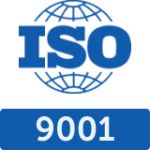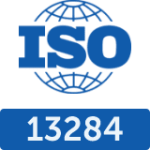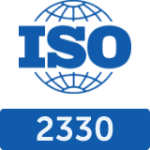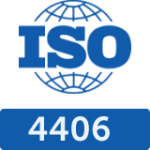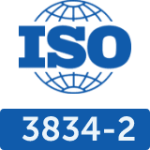Within the current Meijer-Group, many processes have been automated and robotized, with various processes across different departments needing to seamlessly integrate. This is crucial for an organization that does business with internationally operating companies, which increasingly demand higher standards from a company like Meijer. Meijer is audited at least annually by a certification organization and frequently inspected by Meijer’s OEM customers.
The responsibility for automation and process management within the Meijer-Group, including the quality department, lies with Mark. Mark began his career as a student of Technical Business Administration, working at Meijer as a “weekend helper.” Weekend helpers at Meijer are students who perform minor maintenance tasks on Saturdays and, depending on their age, do production work. Since 1998, Mark operated various machines, such as punch-nibble machines and a tube laser.
After graduating in business administration in 2000, Mark started his career at Meijer as a systems administrator (ICT). A few years later, he also took on the role of quality coordinator. Holding dual roles proved not ideal for the rapidly growing company. Therefore, it was decided to split the functions into a separate ICT department, allowing Mark to focus on increasing automation within Meijer and improving processes.
Mark has now been a manager for many years, responsible for ERP programmers, process engineers, quality control, and welding coordinators. He has built an impressive career of almost 25 years at Meijer and continues to develop himself by providing motivational leadership and offering growth opportunities and career prospects to his staff, just as he himself has received.
Mark’s story at Meijer-Group is an inspiring example of how dedication and commitment can lead to a successful and long-lasting career in a dynamic and technologically advanced environment.







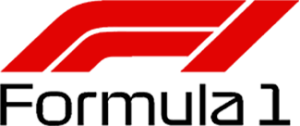
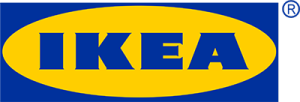

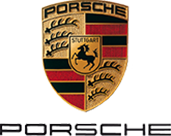
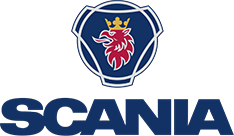



Do you want to know more about efficient handling solutions?
Ask our expertsConnect and subscribe to our LinkedIn newsletter to stay informed
Connect on LinkedInThe ISO standards are primarily committed to quality, reliability, and precision within various industrial processes. A company adhering to these ISO standards demonstrates its dedication to maintaining high-quality management systems, ensuring robustness in forklift fork manufacturing, and precise contamination control in hydraulic fluids. Such compliance underscores the company's focus on delivering products and services that meet rigorous international benchmarks, improving operational efficiency, minimizing errors, and enhancing customer satisfaction. This commitment not only sets the company apart in terms of product reliability and safety but also reflects its ongoing investment in technological advancements and continuous improvement.
